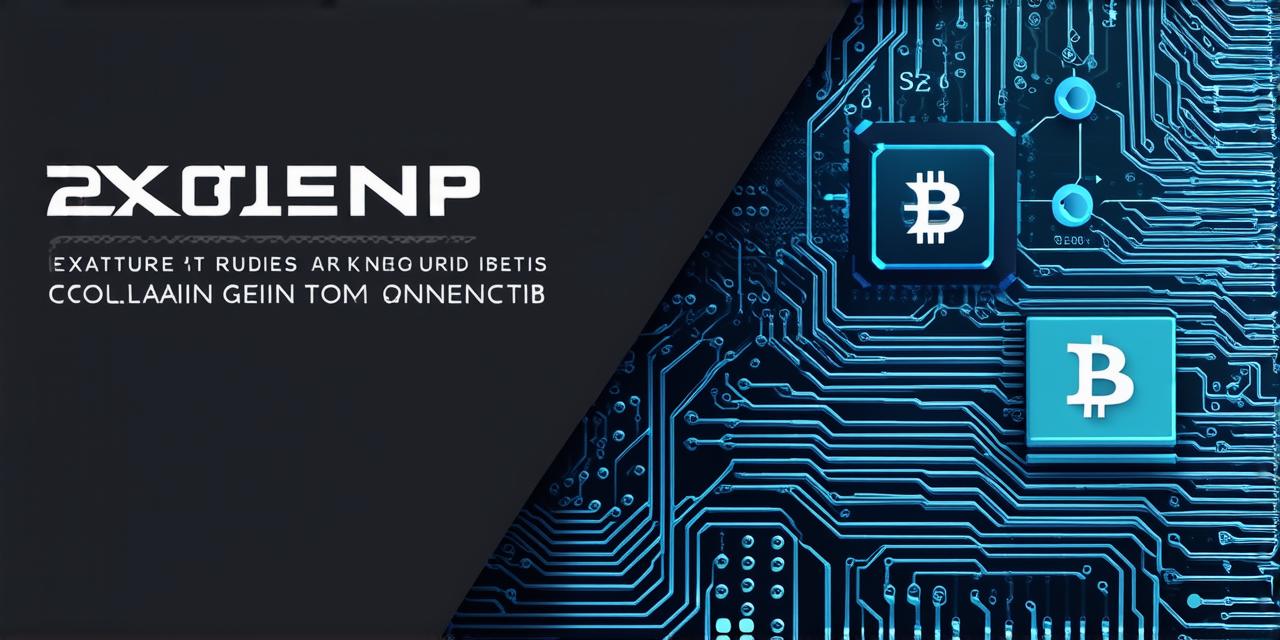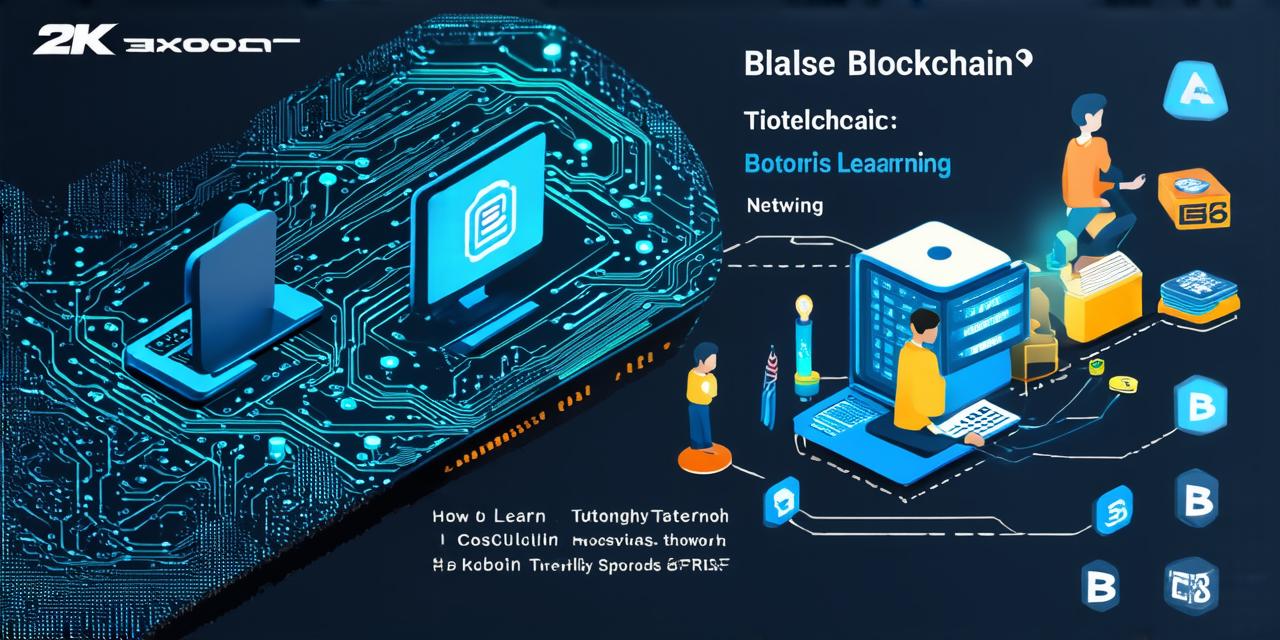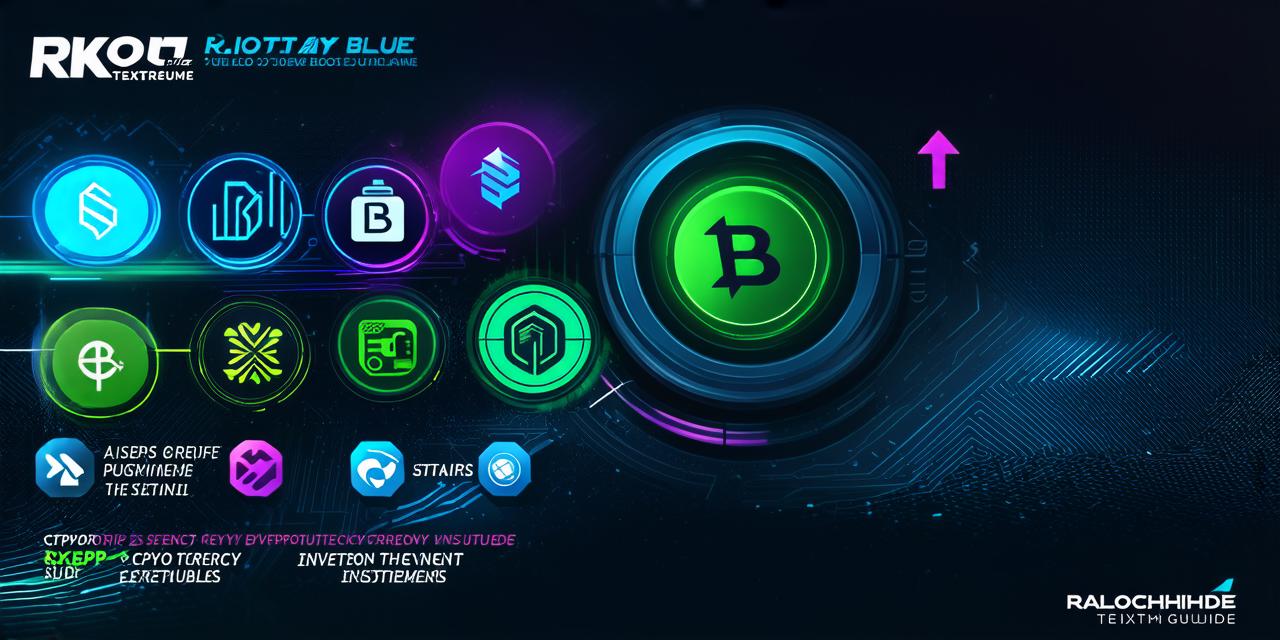Web3 applications are built on blockchain technology and aim to provide decentralized solutions that empower users to control their data and assets. In recent years, there has been a growing interest in the use of blockchain technology for web3 applications. However, with several blockchain platforms available, it can be challenging to determine which one is the best fit for your application.
1. Ethereum
Ethereum is currently the most popular blockchain platform for web3 applications. It was launched in 2015 and has since grown to become the largest smart contract platform in the world. Ethereum’s smart contract technology allows developers to build decentralized applications that can execute automatically on the blockchain.
Ethereum is known for its scalability, with plans to transition from a proof-of-work (PoW) consensus mechanism to a proof-of-stake (PoS) mechanism called Ethereum 2.0. This will increase transaction throughput and reduce gas fees, making it more accessible to developers and users alike.
2. EOS
EOS is another popular blockchain platform that is often used for web3 applications. It was launched in 2018 and is known for its fast transaction speeds, with a TPS of up to 1500. This makes it an ideal platform for building applications that require high-speed transactions, such as decentralized exchanges and gaming platforms.
EOS also uses a delegated proof-of-stake (DPoS) consensus mechanism, which allows for faster transaction confirmation times than Ethereum’s PoW mechanism. This makes EOS a more attractive platform for building scalable applications that require low latency.
3. Tron
Tron is a blockchain platform that was launched in 2017 and is focused on building decentralized entertainment applications. It uses a delegated proof-of-stake consensus mechanism and has a TPS of up to 2,000. This makes it an ideal platform for building applications that require high transaction speeds, such as gaming platforms and social media networks.
Tron also supports smart contracts and decentralized applications (dApps) built on its platform. It also has a growing ecosystem of dApps and partnerships with major companies like Disney, Warner Music, and Sony Pictures.
4. Binance Smart Chain

Binance Smart Chain is a blockchain platform that was launched in 2019 and is focused on building decentralized finance (DeFi) applications. It uses a proof-of-stake consensus mechanism and has a TPS of up to 150 transactions per second, making it an ideal platform for building high-speed DeFi applications.
Binance Smart Chain also supports smart contracts and dApps built on its platform. It also has a growing ecosystem of dApps and partnerships with major companies like PwC and Polychain Capital.
Benefits and Drawbacks of Each Platform
Each blockchain platform has its own benefits and drawbacks, which can impact the development and success of your web3 application. Some key factors to consider when choosing a platform include transaction speed, scalability, gas fees, and developer ecosystem.
Ethereum’s smart contract technology is well-established and widely used, making it an attractive platform for building complex dApps. However, its TPS can be slow, especially during times of high network congestion. Ethereum’s gas fees can also be expensive, especially for users with limited Ether holdings.
EOS has fast transaction speeds and a relatively low gas fee compared to Ethereum. Its delegated proof-of-stake consensus mechanism allows for faster transaction confirmation times than Ethereum’s PoW mechanism. However, it has a smaller developer ecosystem and less established smart contract technology than Ethereum.
Tron has fast transaction speeds and is focused on building decentralized entertainment applications.
Binance Smart Chain is a blockchain platform that was launched in 2019 and is focused on building decentralized finance (DeFi) applications. It uses a proof-of-stake consensus mechanism and has a TPS of up to 150 transactions per second, making it an ideal platform for building high-speed DeFi applications.
Binance Smart Chain also supports smart contracts and dApps built on its platform. It also has a growing ecosystem of dApps and partnerships with major companies like PwC and Polychain Capital.



